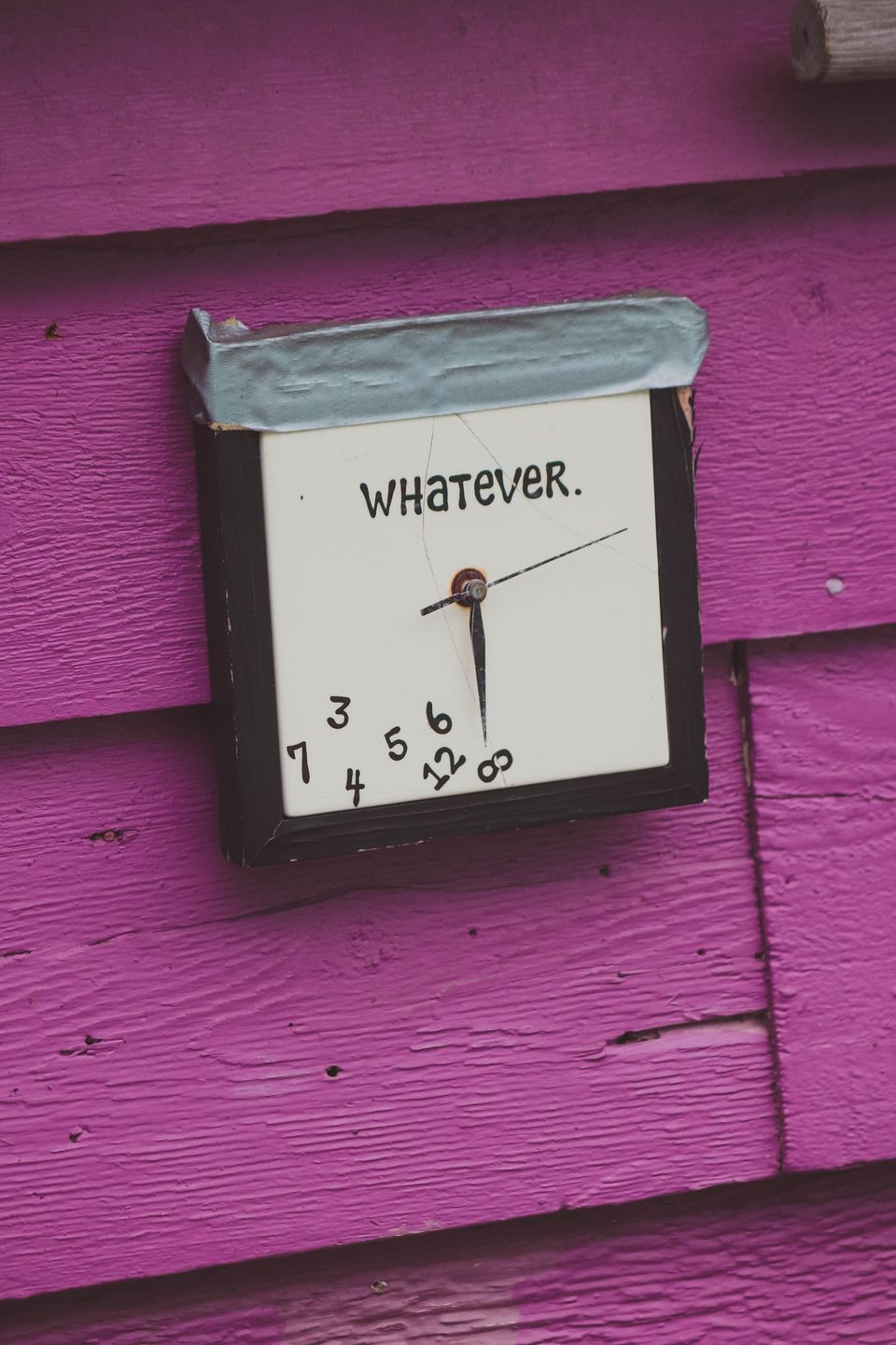how to not procrastinate - 10 tips

takeaways from The Now Habit but also some of my own thoughts:
1.
Procrastination is usually caused by things like
(1) lack of awareness of next steps
(2) perfectionism - needing work to be really good
(3) overwhelm (finishing feels far away, finishing results in just more to do)
(4) issues of self-worth - e.g. over-identifying with the work / caring too much
Similar idea with a mindfulness bent: Procrastination is the refusal or inability to be with difficult emotions.
2.
Consider keeping a procrastination log. In this log, write down when you procrastinate and why. (Sounds awfully similar to a CBT depression log.)
3.
Consider interval training. Start with thirty minutes of quality work — bump it up later, but start with thirty minutes. Pomodoros are great. Do the work. Or if you feel an urge to not do the work, just sit there with the urge. Don't do anything else. Read this for details.
4.
Always be starting. Replace thoughts of “I must finish” with “When can I start?”. Thinking about finishing is stressful. Just focus on starting the next action.
"When can I start?" is the catchphrase of the producer. It automatically follows any worries about finishing and being overwhelmed, and replaces agitated energy with a clear focus on what can be tackled now.
This is actually really important
5.
Don't frame things in your head as "I have to" or "I should". Reframe it in your head as "I choose to".
6.
It's a marathon, not a sprint:
"A common pattern is a slump following a period of intense work. You might observe that after several eight hour days of uninterrupted work with no breaks on the weekend, you lose a whole week to procrastination or illness. Once in a while you might be able to work this way to meet a deadline, but if you’re working on a longterm project you’ll need the strategy of a marathoner, not a sprinter."
7.
Ironically, the more you care about or identify with a task, the more you'll procrastinate on it. For people who don't have a strong sense of inner worth (e.g. me and most people), the solution to procrastination is to care less.
I think that's why I suffer more from procrastination at work. I care a ton, I want to do well, I want the output to be good. And I don't want to disappoint people. Thus tasks at work can feel a lot bigger than they are.
Anecdotally, I notice I've made a lot of progress on what I care about during periods when I'm busy and have other things going on.
8.
Guilt free play is really important. If you think ahead to your schedule and don't have a reward coming up for a long time, it can be really demoralizing. That's why the book asks you to schedule your leisure, exercise, and socializing first. Then you schedule in your work.
9.
The successful person fails many times and bounces back; but “The Failure” fails once, letting that one failure become a judgment of his or her worth, and thus, his or her identity. Following the example of most successful people, you could fall many times, repeatedly using your net to bounce back in order to work for another success. With a safety net to catch you, failure and mistakes can’t stop you because you won’t let them take away your inner worth and drive.
Damn this was me with writing for a while. When I stop writing, I can feel really bad, because I get really attached to streaks there.
By contrast, it's not a big deal if I miss a day or a few of lifting since I see it as more mundane. I just get back to it when I can. And ironically I get to it plenty.
10.
Different book (GTD), but it's important to figure out what the next action for a task is that you're procrastinating on. Never want that to be ambiguous. This article is very motivated by that.
11. BONUS
Tackle perfectionism usually by doing a brain dump, or journaling what the solution should look like.
12. BONUS
Tackle overwhelm by having a clearly finishable amount of work. And a reward at the end of it.
I started achieving this recently by only putting in my "Today" list things I have to do today. It's important I can get to a Done state for the day and don't feel like I have an endless stream of work. Then it can feel overwhelming and I won't get started.
When I finish my "Today" list, I can go into my "Anytime" list to get bonus todos, but I shouldn't have those todos cluttering my "Today" list and demoralizing me.
Creds this great article.
(Time blocking can also accomplish something similar.)
Member discussion